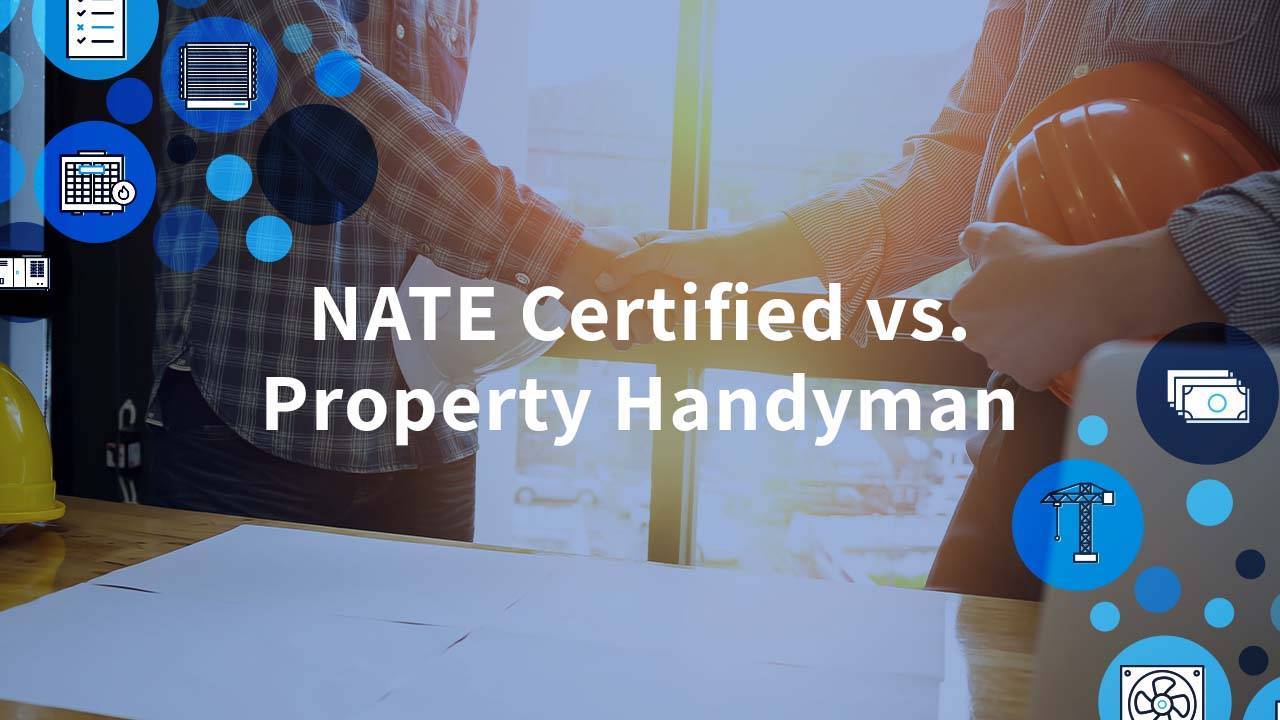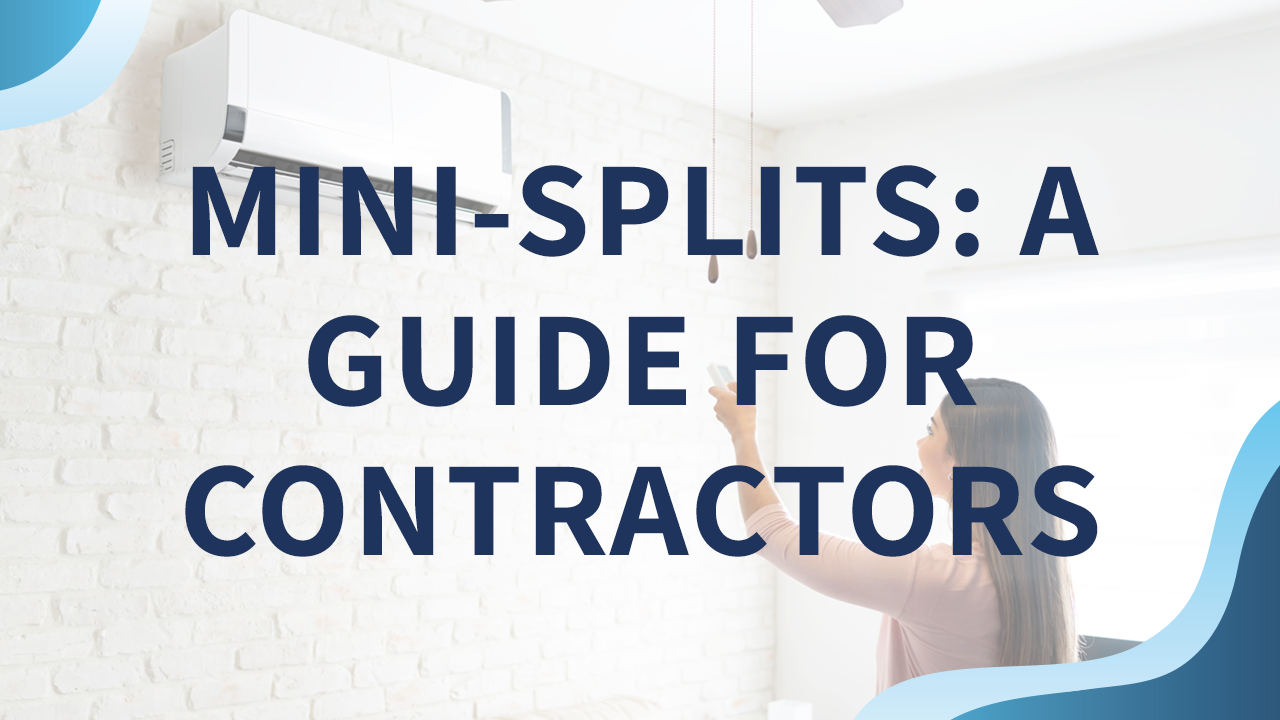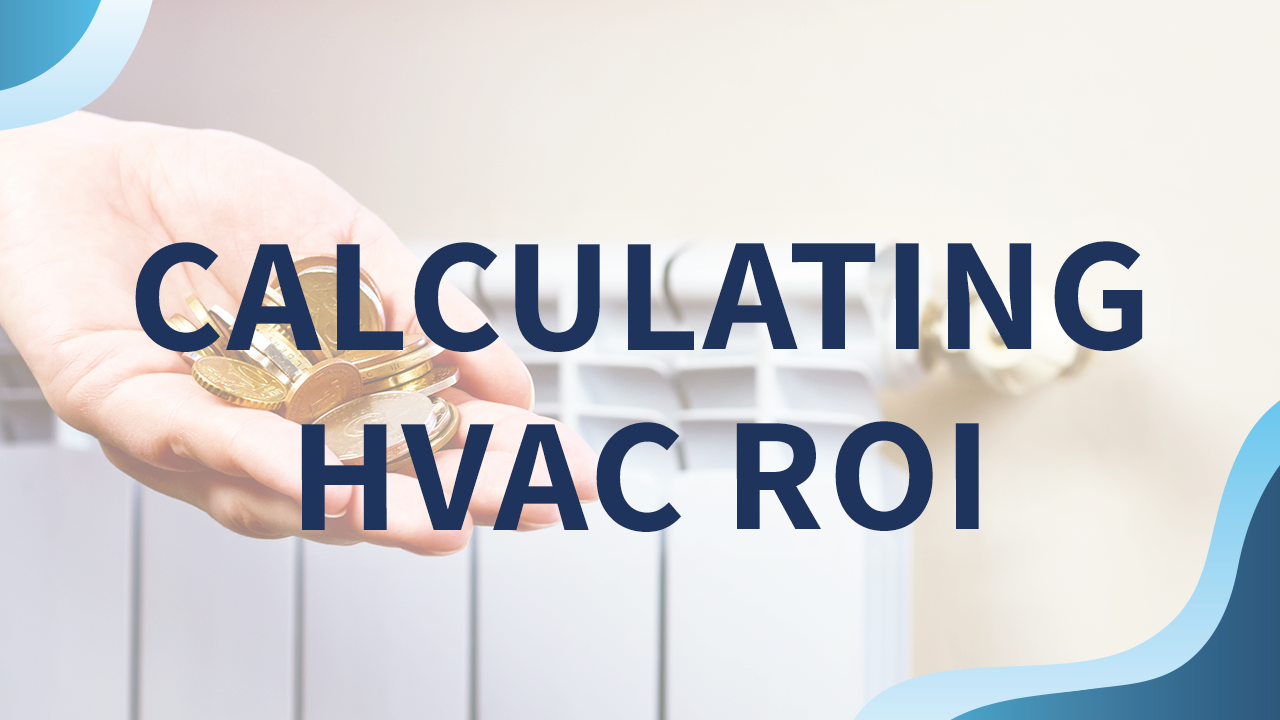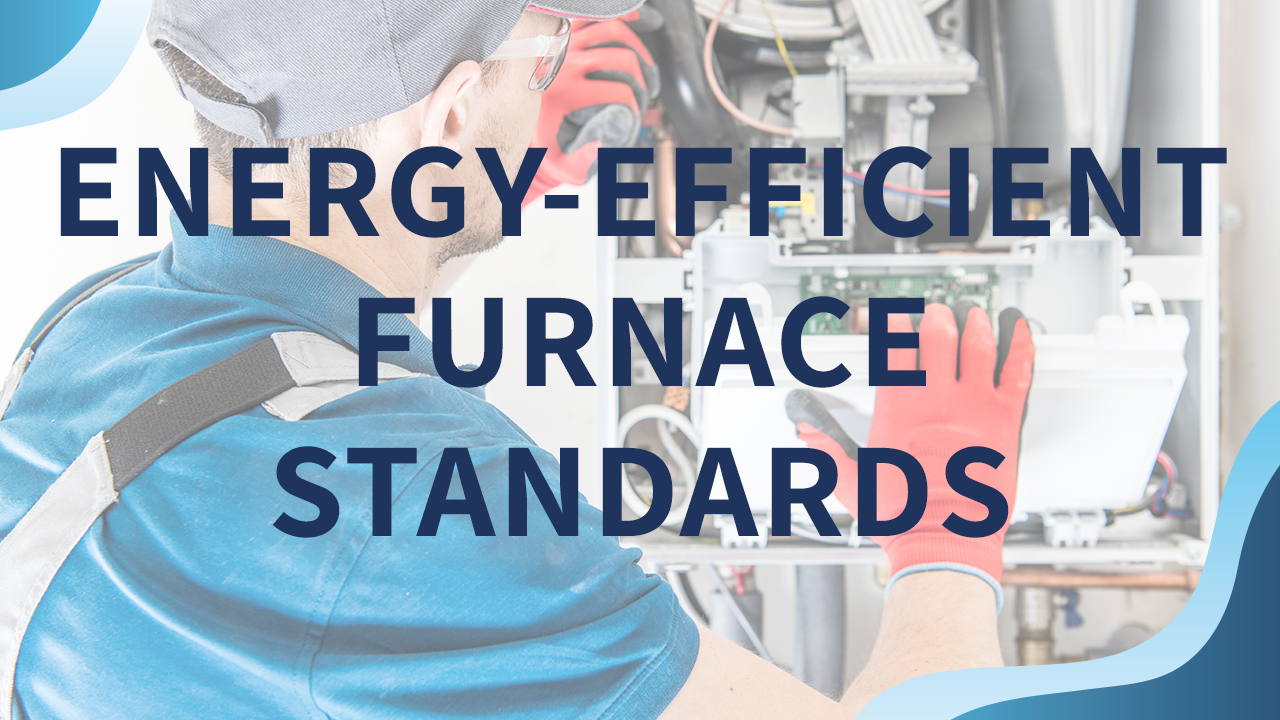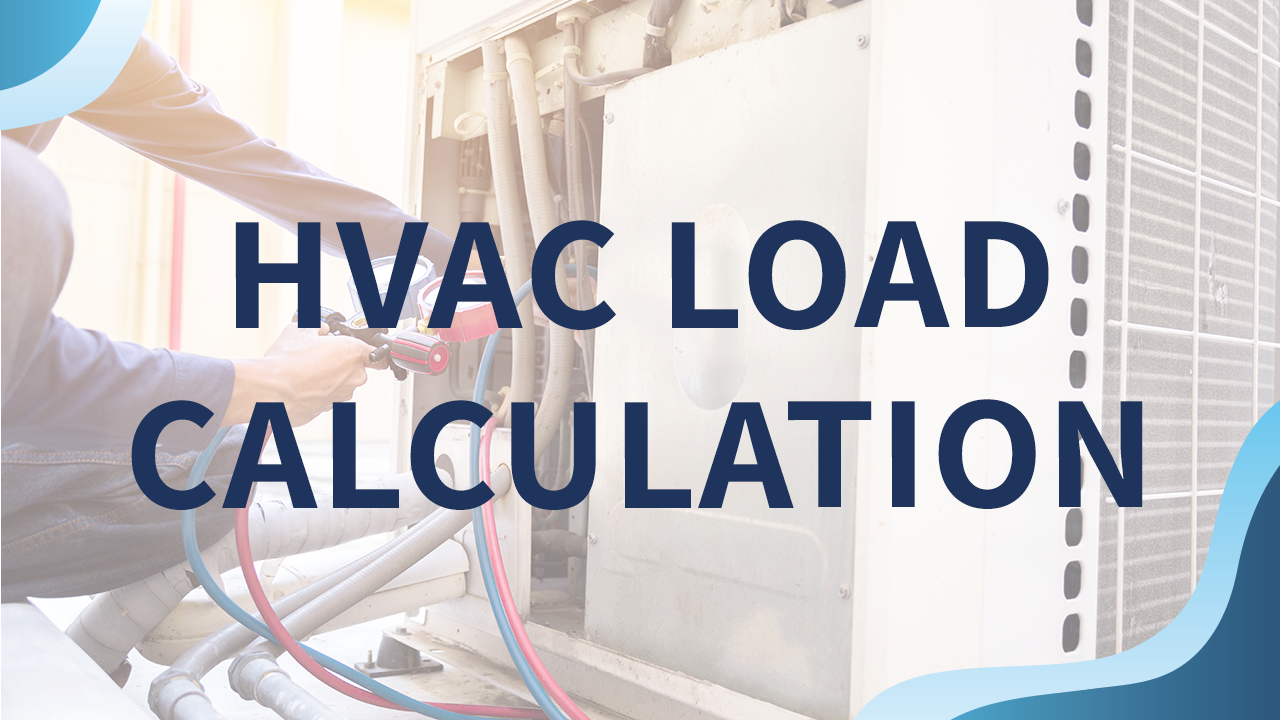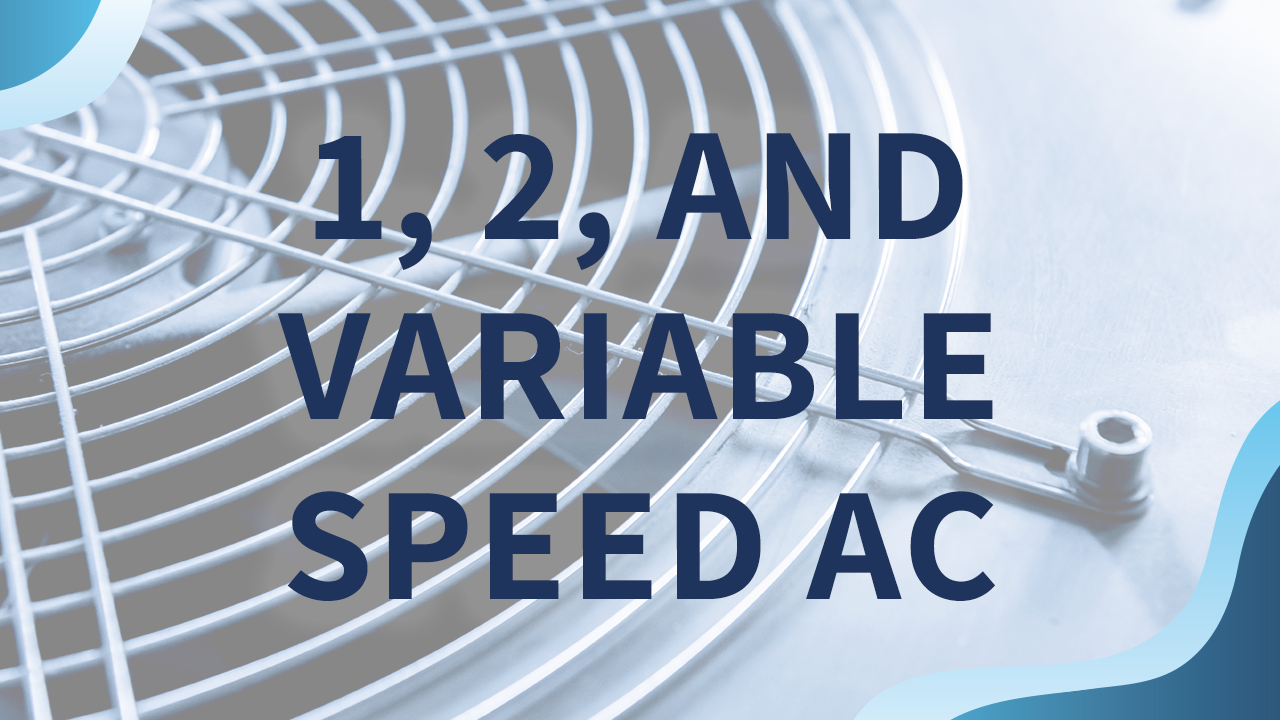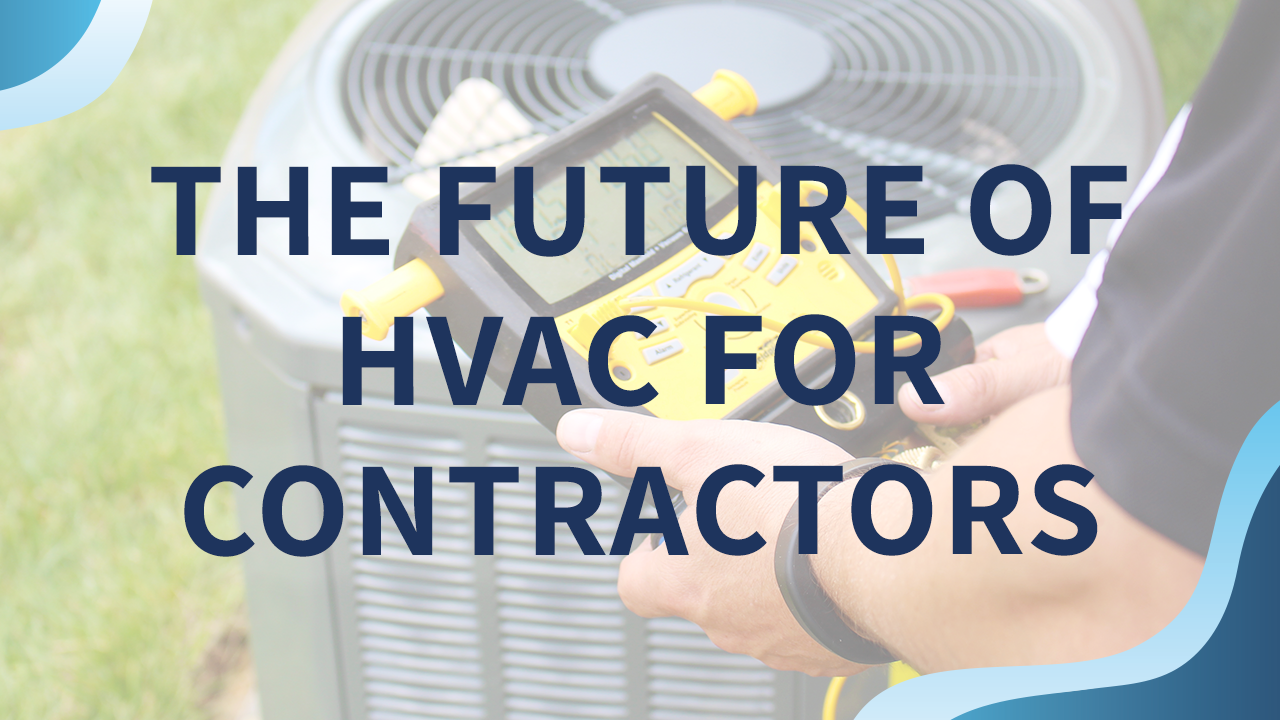As a property owner or manager, you may require the services of a contractor or handyman at some point. While these terms are often used interchangeably, they refer to professionals with different skills and areas of expertise. Knowing the difference between contractors and handymen can help you choose the right professional.
Contractors have licensed professionals with specific expertise in plumbing, electrical work, or HVAC installation and repair. They have the knowledge, training, and experience to handle complex projects and can provide warranties for their work. Contractors typically work on larger projects that require permits and inspections.
On the other hand, handypersons are skilled workers who can handle various tasks around the house, such as painting, minor repairs, and furniture assembly. They do not require a license, and their rates are usually lower than contractors. Handymen may have a different level of expertise than contractors. Still, they can be a cost-effective solution for smaller tasks.
In this article, we will delve deeper into the differences between contractors and handymen and explore the benefits and drawbacks of each. We will also provide insights on choosing the right professional for your needs.


The Pitfalls of Choosing Inexperienced Contractors for HVAC Repair or Replacement
We’ve all read the news that building and renovation costs seem to be at an all-time high. Demand for materials and labor is high, and supply chain challenges have continued to perpetuate. So, when property owners or managers need HVAC repair or replacement, a common inclination may be to hire the least expensive contractor to do the job to save money.
The first reaction many people might have is to use one of the subcontractors already on-site who may be familiar with doing HVAC work. The worker is already there, right? Or you might have a handyman or general type of contractor that knows a little about many repairs. It sounds like an easy and less expensive alternative, right? Do you think bringing in another company or certified HVAC contractor seems like an extra expense that could be avoided?
Know Your Options
That person who is already on your property, or the handyman you have relied on for many other types of projects in the past may be convenient, but by no means is he/she the right person for this type of work!
Hiring a NATE-certified air conditioning and heating installer often means they are the best in the business. North American Technician Excellence (NATE) is the main certification for technicians in the Heating, Ventilation, and Air Conditioning and Refrigeration (HVACR) industry. If you need to hire an HVAC contractor, confirm that the technician working on your system is NATE-certified. If not, use this contractor Locator to find a NATE-recommended contractor.
Knowledge and Training Pay Off
If you need someone to work on your HVAC system, you want to know that that person has a thorough, working knowledge of your system or knows how to install a new system properly. NATE certifies technicians through written tests that HVAC industry experts create. These tests are designed to measure actual understanding of the systems HVAC technician may need to work on, not recall textbook facts.
Testing is thorough, ensuring that a technician who passes the certification courses knows how to diagnose, repair, and replace most HVAC systems in your local region. Like other technical professions, choosing a company that mandates their technicians to keep up with their professional training with continuing education classes and certifications can make a big difference in your service call. The result is that this decision saves money and potential future headaches of improper installation or system sizing.
What is NATE and Why Is It Important?
NATE certification is meant to show consumers that the technician they’ve hired is trained to the highest industry standards. When a contractor passes these nationally recognized tests developed and supported by the heating, ventilation, and air-conditioning industry, NATE-certified technicians prove an authenticated knowledge of installing or maintaining today’s increasingly sophisticated heating and cooling systems. Consumers should have peace of mind that when hiring a NATE-certified technician, they are getting the best industry-trained installation and service for their heating and cooling system.
From a customer’s perspective, when using a NATE-certified technician, the benefits include:
- Lower utility bills through proper installation and maintenance
- Fewer callbacks, manufacturer, or parts warranty claims
- Efficient service
- The job is done right the first time
- Equipment that runs at peak efficiency
- Receiving advice from a knowledgeable, skilled, certified technician


HVAC Trends For Contractors
2024 will begin to set the stage for a lot of upcoming changes in the HVAC industry. In 2024, you can expect the industry to heat up with product innovation and regulations in place.
With world health considerations still a big concern, they influence all businesses. Environmental impact is also significant in what to expect this year and next. The following are HVAC trends for contractors we expect to see in 2024:
Sustainable and Eco-Friendly Systems
Government regulations have set new energy efficiency standards effective in 2024 that require a Seasonal Energy Efficiency Ratio (SEER) – a measure of a system’s cooling performance – of no less than 14 SEER for residential systems in the northern part of the United States and 15 SEER in the southern part of the United States.
Regional territories will remain the same, with federal minimums increasing by one SEER in all regions on January 1, 2024. These new laws are meant for residential central air conditioning and heat pump equipment, designed to reduce the overall energy usage of space heating and cooling equipment in homes and small businesses.
U.S. manufacturers are working on redesigns of equipment to meet these new efficiency requirements. They will likely launch the latest products in 2024 ahead of the 2024 transition date.
New Metrics
With continued concerns regarding environmental-friendliness, one industry goal is to produce greener systems. Sustainability efforts should help reduce our carbon footprint in the future. Achieving this sustainability with HVAC systems will take precedence in 2024. Advanced equipment may be more costly than the previous versions of these models. This is due to the high technology and operation cost behind the manufacturing process. However, as with other products, pricing will likely lower as competition between competitive brands increases.
Multiple Refrigerants to Replace R-410A
According to the EPA, “on December 27, 2020, the American Innovation and Manufacturing (AIM) Act was enacted by Congress to direct the Environmental Protection Agency (EPA) to address hydrofluorocarbons (HFCs) by phasing down production and consumption, maximizing reclamation and minimizing releases from equipment, and facilitating the transition to next-generation technologies through sector-based restrictions.”
So, what does this mean to the HVAC industry in particular?
This directive authorizes the EPA to phase down the consumption and production of high-GWP HFC refrigerants and establish sector-based limits. Simply put, it calls for an 85% phasedown of HFC production and consumption over a 16-year timeframe. This phasedown has been expected, which is why Original Equipment Manufacturers (OEMs) have been working diligently to identify alternative refrigerants that are safe and efficient. They are also working to comply with the new regulations by developing new products to meet the new criteria.
Over the last year, manufacturers have begun introducing progressions designed to remove ozone-depleting refrigerants from HVAC systems with GWP-style refrigerants. To meet these requirements, manufacturers must utilize refrigerants with low global warming potentials (GWPs).
The R-410A refrigerant introduced over ten years ago will be replaced with nonproprietary and brand-exclusive options. R-32 and R-454B are potential low-GWP R-410A replacements already on the market.
Other component options will also be available by 2024. Please look at the EPA website for specific details on the regulations and how they will be administered.
HVAC Contractor Hiring Guide
Plenty of responsibility accompanies property ownership, and specific tasks are particularly bothersome. Some projects are too numerous or too complex to handle yourself or with your staff. Such situations, like major home-improvement projects, require hiring a general contractor – an expert who can oversee your project and ensure the job is done efficiently and effectively. Hiring the contractor, however, can cause as big a headache as personally conducting more menial tasks.
Who do you call? What do you ask them? How do you choose the best candidate?
Choosing the right contractor is crucial in making your home improvement project a success.
Check out the following HVAC Contractor Hiring Guide:
Do Your Homework
Just because you won’t be performing the work yourself, that doesn’t mean you shouldn’t be informed about the scope of your project. Read articles and watch YouTube videos detailing similar projects to understand your options and know what activities the contractor and crew will perform for you. The contractor might have alternatives from which you’ll want to choose, or they might have questions for you should issues arise during the project.
Get Recommendations
What do other people think of the contractor? Talking with other consumers about their experiences with each candidate is vital. Start with friends and family to get recommendations on who has worked well for them. Be sure to check with neighbors and colleagues about their past experiences with local contractors.
Do Interview Prospects
Once you’ve researched and asked for recommendations, it’s time to interview your list of prospects:
- Call the contractors and ask basic questions, ensuring they can manage your project.
- Be sure they can provide additional references, paying attention to each company’s availability and reliability.
- Please choose your favorite three or four prospective contractors and meet with them in person to further discuss your project and their qualifications.
- Only hire the first candidate.
The first prospective contractor you speak with meets your qualifications. It might seem more straightforward to hire them and call off the search but resist that temptation. You can only compare a contractor to potentially better options if you interview at least three professionals before hiring a contractor for your home project.
Get Bids
It’s not enough to consider which contractors offer the best work ethic and track records. Price plays a huge component in choosing the best contractor for your project. Ask candidates for an overall bid on the project and a breakdown of those costs into materials, labor, other expenses, and profit margins. Be sure that provided estimates cover all the costs so you won’t be surprised by hidden fees. Avoid contractors who appear to be underbidding the project only to tack on unexpected fees once the job has been awarded.
Hire The Best Professional
Many people are rightfully tempted to hire the contractor with the lowest bid, but experts advise against this. For example, the cheapest professional might offer the best deal but also source low supplies or commonly experience project delays. So, split the difference and hire the contractor who bids the median price, provided you also feel comfortable working with that choice. But, of course, suppose you’ve done your research, and the professional with the lowest bid also offers the best credentials and stellar work history. In that case, there’s no reason not to hire that person.
Do Ask for Proof of Insurance, License, and Bond
Only hire licensed, bonded, and insured contractors to protect yourself, your property, and your finances. It’s not enough to ask and take the contractor’s word for it, either. Be sure and ask for written proof of insurance, licensure, and bonding before hiring the professional. This further ensures the contractor is trustworthy and qualified.
Don’t Pay Upfront
Be sure and work out a payment schedule before hiring a contractor. A contractor who insists on full or even half of the payment upfront might run into financial problems or have quality or timeliness issues as the project progresses. Experts suggest a payment schedule starting with 10% at the contract signing—three payments of 25% space throughout the project before a final 15% upon completion. Never pay a contractor more than one-third of a project’s costs upfront.
Do Put It In Writing
Unless the details of a contract are in writing, nothing is set in stone. When hiring a contractor, be sure to take notes detailing the project’s terms. When drafting the contract, including these terms, including agreed-upon completion dates, payment details, materials estimates, proof of liability, and procedures for changes. The agreement will protect the property owner and the contractor should issues arise.
Motili customers can avoid some of the headaches of hiring an HVAC contractor by taking advantage of the company’s nationwide support with more than 2,000 contractors and 1,000 distribution centers. Motili offers multi-family, single-family, and commercial property owners a single point of contact for all their HVAC service needs. The already-vetted contractors can provide all the HVAC repairs and installations without the hassle of interviewing, taking bids, and signing separate contracts.


HVAC Contractors Technology & Motili HVAC Solutions
It’s simple for facility managers to connect with contractors when they use Motili, and HVAC contractors no longer need to scramble to find steady work year-round. As a result, it’s now easier than ever to grow an HVAC contractor business with the Motili app.
Technology allows HVAC contractors to accept jobs from the app and clear communication with details about new jobs, service calls, and work orders. In addition, contractors using the Motili app can view and accept jobs as they become available for ongoing, consistent work. Since Motili averages more than 50,000 new system installs and more than 90,000 service work orders yearly, there is plenty of work to do.
How does it work?
Motili notifies contractors when a client needs service. Contractors choose which jobs to accept, but there’s no competition with other contractors once a position is taken. Motili provides the equipment, saving the contractor time and energy.
